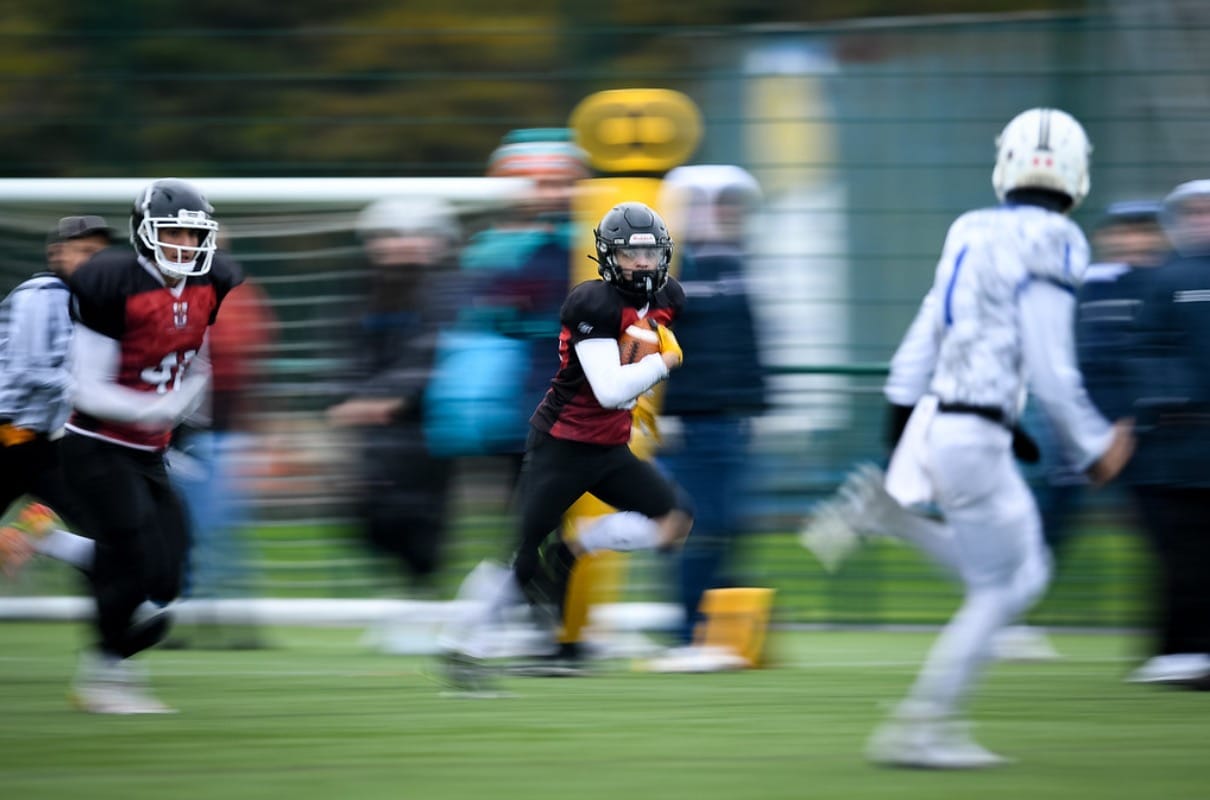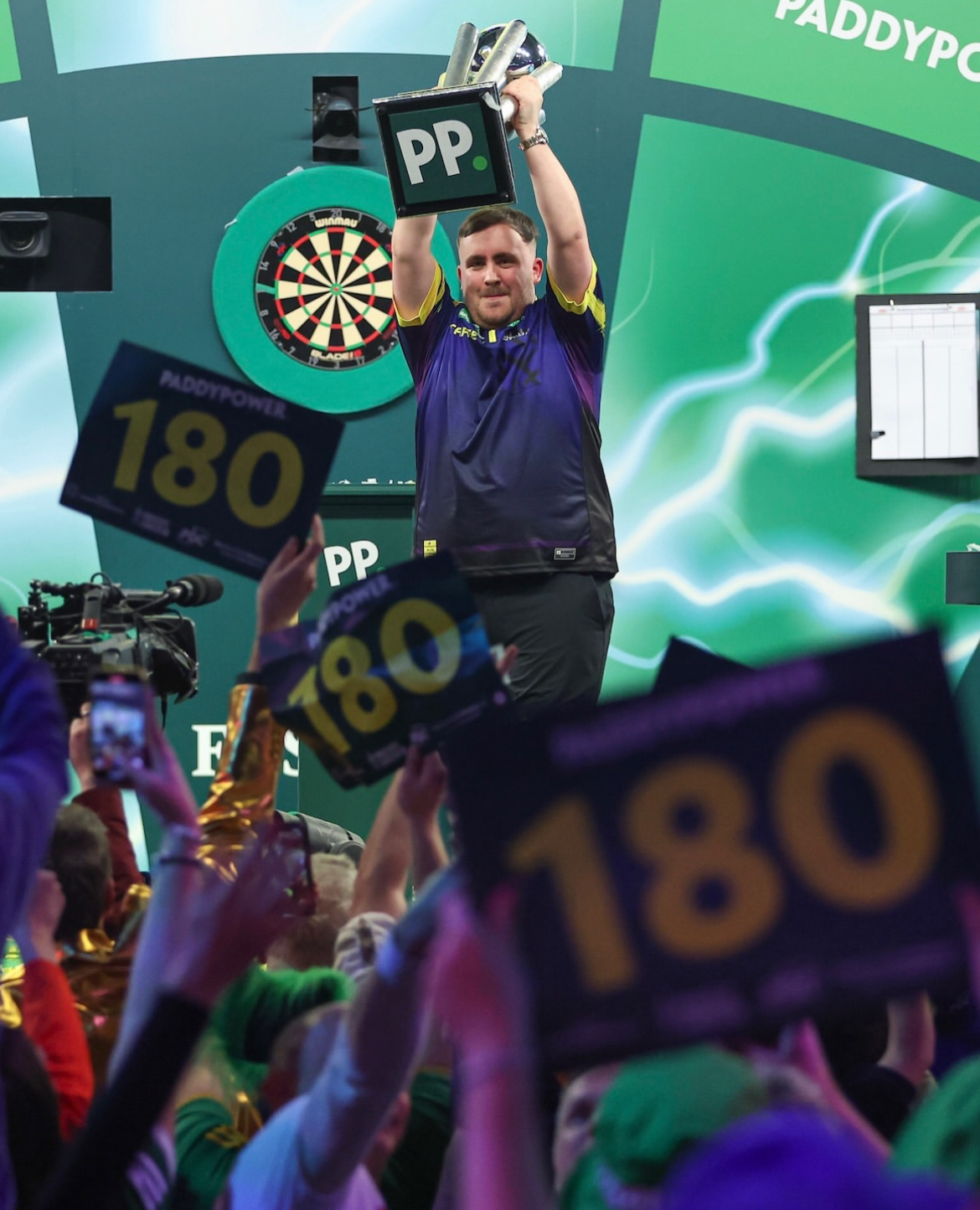By India Gay, Second year History
Over the last few games, all teams have showcased their talent and secured wins in the majority of games.
The 1s have maintained their winning streak by winning all 3 of their games. They have also been battling in the cup and played University of East London on the 20th, winning 2-1 and therefore progressing into the semi-finals. The 2s also started off strong with a win against Aberystwyth and battled hard in their other games despite multiple injuries and changes to the squad. Although the 3s have only been able to play one match so far due to bad weather, they too have shown their undeniable talent and determination to do well in the league. Development also played their sixth game this season against Steps FC, and despite their excellent play they were just short of the win they deserved with a 1-1 draw. Hopefully the remainder of the season will continue to be a success for all four teams highlighting the determination and skill of UBWFC.
The recent triumphs enjoyed by all UBWFC teams are part of the wider successes for women’s football in the previous months. As we all know, football is assumed to be a male sport; however, recent campaigns and changes in attitude are beginning to highlight it as one that should be open and judgement-free for both genders.
However, despite University female football success, it’s clear that this is not always shared generally within the sport. Alex Scott was recently criticised for her punditry, irrespective of the fact that she has 140 caps in 13 years for England, played for Arsenal since aged 8 and was awarded an MBE in 2017 for her services to football.
Im not out here trying 2 be better than any Male/Female. There is room for us all to rise! I’m just trying to be the best ‘I’ can be in the role I am ‘employed’ to do.Have fun along the way, learn from people around me, grow/be better! FYI..back in the studio the weekend,haha😉 pic.twitter.com/mkUNrl8AoU
— Alex Scott MBE (@AlexScott) February 5, 2019
In an interview for BT Sport, Rachel Brown-Finnis, who has 82 caps for England, and has played for Liverpool and Everton among other teams, discussed the idea of women commentating on football. Brown disregards the idea of tokenism with female footballers and commentators alike, and states that all women involved in the sport at an elite level should fulfil the job in a professional capacity and should not simply be employed to avoid the sexist criticism. Similarly she wants the same precedent to be set for men, where all those employed have played at the level (or higher) that they are commenting on. Rachel is a BT Sport analyst and, as a goalkeeper, was able to offer excellent insight despite the fact she has never played in the Premier League.
Finnis said that there is so much criticism towards women in sport, especially punditry, due to a ‘generational issue’. She goes on to say that ‘traditionally how people have consumed football is by watching men play and talk about the game’ and so it is a ‘default reaction’ to be surprised to hear a women analysing or playing. Unfortunately football appears to have been left behind when it comes to sports being inclusive and encouraging for all genders, it has been a highly male dominated sport for years and so such a radical change will take time to be accepted. Nonetheless, there are now more opportunities at both at a grassroots and elite level for women and in all manner of roles which is compelling evidence of the traditional structure gradually changing to accommodate women.
To further acknowledge the work gone into promoting women in football, FIFA have launched a ‘Legends Assemble’ Campaign readying for the Women World Cup France 2019. It shows 23 strong FIFA Legends such as Alex Scott, Michael Essein, Gilberto Silva and Nadine Kessler as superhero alter egos in order to increase match attendances, TV viewership and engagement and to also influence a new generation to play women’s football. The #DareToShine movement is aimed at inspiring women and girls to push boundaries and to succeed in all areas of life, much like the FIFA squad of 23 who have all had to overcome obstacles in the face of adversity.
FIFA Legends assemble for exclusive @FIFAWWC France 2019 campaign 💪👏👏👏 #DareToShine
— AIPS (@AIPSmedia) February 8, 2019
🔗https://t.co/dcAhFpWqVV pic.twitter.com/QC54teVkOy
To find out more about the FIFA Legends Campaign search #DareToShine on social media.
In light of recent events, it appears to be vital for women to engage in football where they can, and University is a great place for this to happen. In doing so, women all around the world are working to challenge the inaccurate stereotype of the sport as a ‘man’s game’ and UBWFC are proud to be a supporting member of this very movement.
Featured Image - UBWFC
How can we further break the stereotpye of football as a 'man's game'? Let us know your thoughts!









